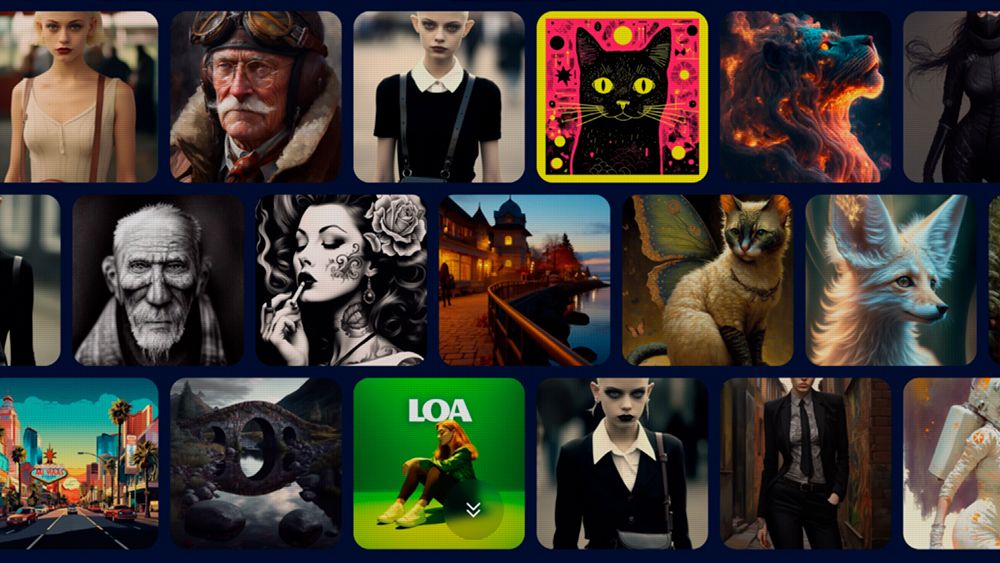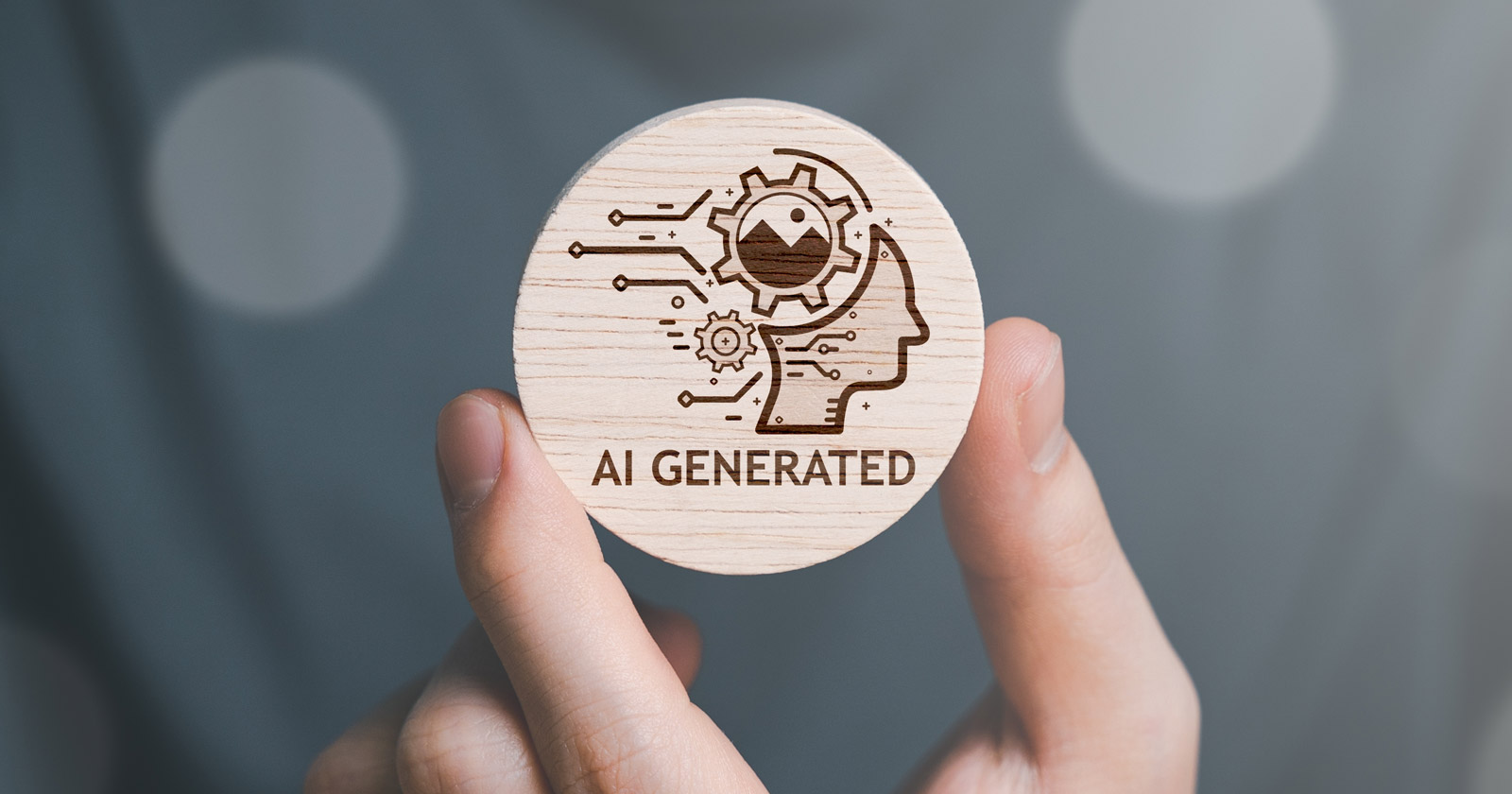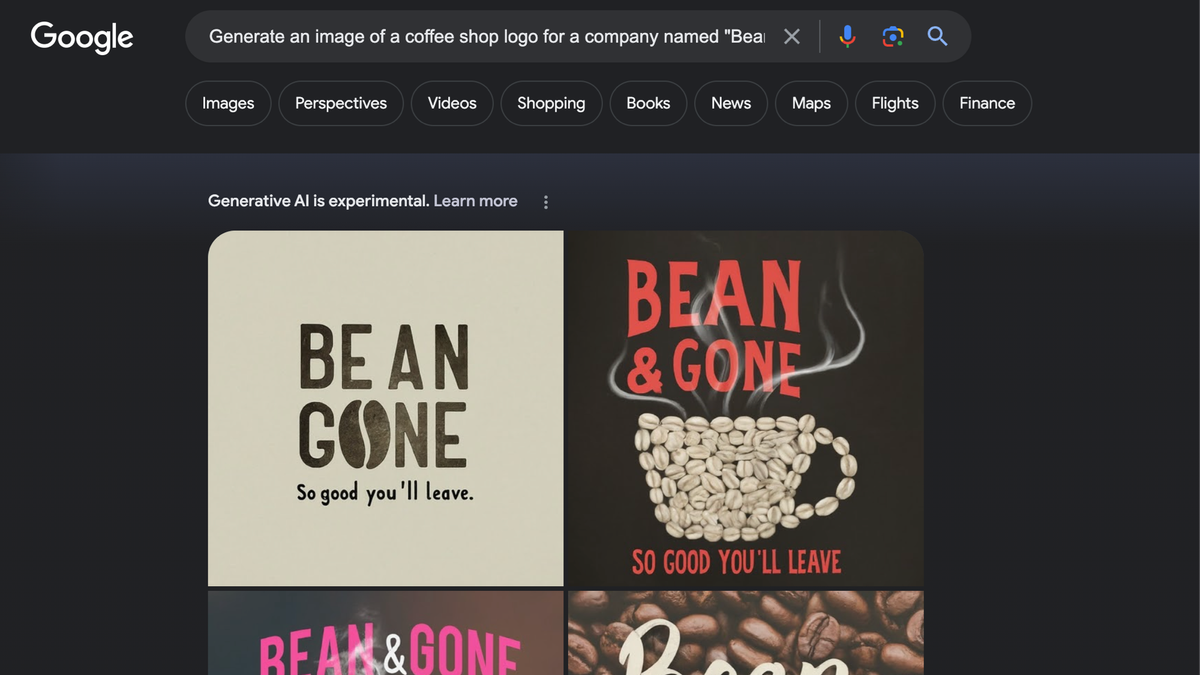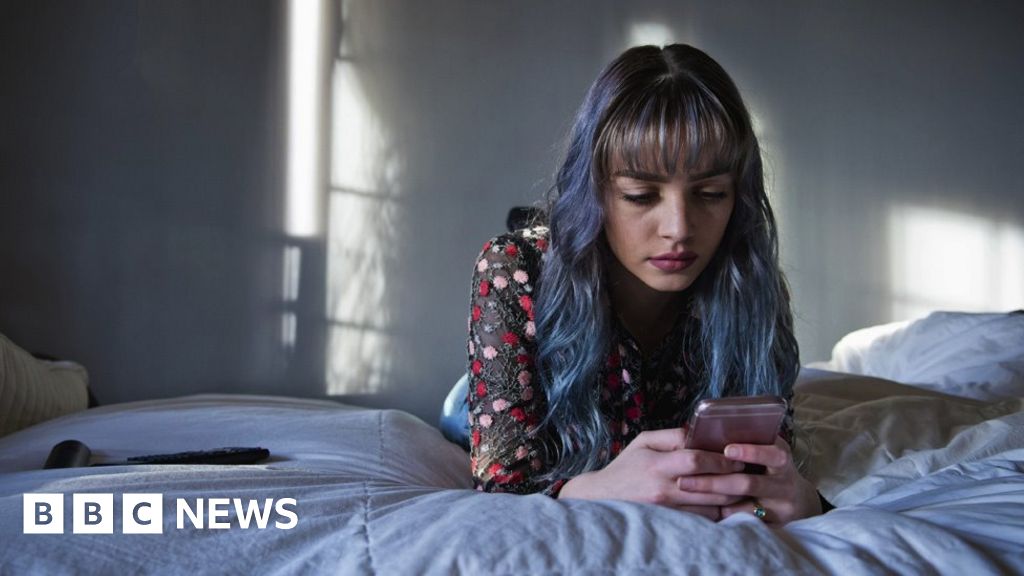- Innovation Profs Newsletter
- Posts
- Innovation Profs - 1/9/2024
Innovation Profs - 1/9/2024
Your weekly guide to generative AI tools and news
Sign up for Jan. 26 AI workshop
We’re hosting an Intro to Generative AI Workshop Jan. 26 at Drake University (and virtually).
Attendees will learn about current generative AI tools and gain ideas of how those tools can be used in their professional lives. We'll also discuss how they should not be used, terms of service and ethical issues related to AI tools. This event is open to the general public.
You'll be testing out tools such as Chat GPT, Google Bard, Midjourney, DALL-E 3 and more during the day. So bring your laptop to get hands-on with these tools. We'll end the day by creating a plan for how you can use more artificial intelligence tools as a part of your daily routine.
Generative AI News
AI Literacy Act Awaits Congressional Consideration
The AI Literacy Act, a bipartisan bill in the House of Representatives introduced in December that would amend the Digital Equity Act passed in 2021, is now awaiting Congressional approval at the start of the new year. According to a December press release, “The bill would codify AI literacy as a key component of digital literacy and creates opportunities to incorporate AI literacy into existing programs.” In addition, the bill would include funding to promote AI literacy in public schools, colleges and universities, and libraries. According to Caroline Treschitta, policy analyst at the National Skills Coalition, “The AI Literacy Act is an important example of Congress adapting to labor market shifts. As AI becomes more prevalent, it's essential that workers have the opportunity to upskill and reskill to meet the economic moment and business need.”
OpenAI claims The New York Times tricked ChatGPT into copying its articles
Just yesterday, OpenAI responded in a blog post to a lawsuit filed by the New York Times against OpenAI and Microsoft in late December. According to the lawsuit, OpenAI and Microsoft are guilty of “unlawful copying and use of The Times’s uniquely valuable works” in the use of New York Times articles to train their language models. The New York Times further alleges that they were able to get ChatGPT to regurgitate entire published NYT articles. In response, OpenAI has argued that the use of copyrighted material from the internet to train their models should be considered fair use. Moreover, they claim that the New York Times has not told the “full story” about the apparently regurgitated articles: “Even when using such prompts, our models don’t typically behave the way The New York Times insinuates, which suggests they either instructed the model to regurgitate or cherry-picked their examples from many attempts.”
OpenAI also wants to pay for licensing news articles, but not as much as Apple
In the face of its New York Times lawsuit, OpenAI has been seeking out licensing deals with media groups, with the aim of securing news articles that can be used to train language models without wading into further legal quagmires. Reportedly, OpenAI has been offering between $1 million and $5 million. Apple has been seeking similar licensing agreements with news companies as they develop their own generative AI models (reportedly offering considerably larger sums of money).
Despite free access to GPT-4, Microsoft’s Copilot app hasn’t impacted ChatGPT installs or revenue
Microsoft’s Copilot app, which was quietly launched in late December and which offers free access to GPT-4 and DALL-E 3, has not impacted ChatGPT revenue, at least according to a recent study. Although ChatGPT users still need a paid ChatGPT Plus subscription to access these tools, the lack of promotion of Copilot may be the reason that the app has not impacted ChatGPT usage.
Getty and Nvidia bring generative AI to stock photos
Getty Images and Nvidia have partnered together to launch Generative AI by iStock, a text-to-image platform for generating stock photos. The model, trained with Nvidia’s Picasso model using training data from Getty Image’s creative library and iStock’s stock photo library, will have a target audience of small and medium businesses. The cost will be $14.99 per 100 prompts (each of which generates four images).
Quick Hits
Tool of the week: Assistive Video
Assistive is a new company in the AI space, and it launched its first product at the end of 2023. Assistive Video is a generative video platform that allows users to create videos from text and image prompts. Below is a GIF made from one of the videos. See the actual video here.
There is no free version, and plans start at $12.99/month.

AI-generated image of the week
It’s a snow day here in Central Iowa, so we got a little nostalgic for snow days of your youth. Here’s a Midjourney photo we created.

Prompt: create a vintage 1980s style photo of a kid pulling two more kids on a sled on a hill in their front yard, with their neighborhood in the background. the kids are laughing and having a great time Generative AI tip of the week
Did you know ChatGPT works better when you give it time to think? Or when you provide examples? Or you ask it to take on a persona?
Read this guide to prompt engineering from OpenAI to learn about six strategies for getting better results from generative AI.
Get starting with Generative AI
New to generative AI? Here are some places to start…
What we found
The latest version of Midjourney, Midjourney v6, launched just before Christmas, was put to the test by visual artist Princess Prompt, who used the tool to create impressive photorealistic renderings of Simpsons characters.






